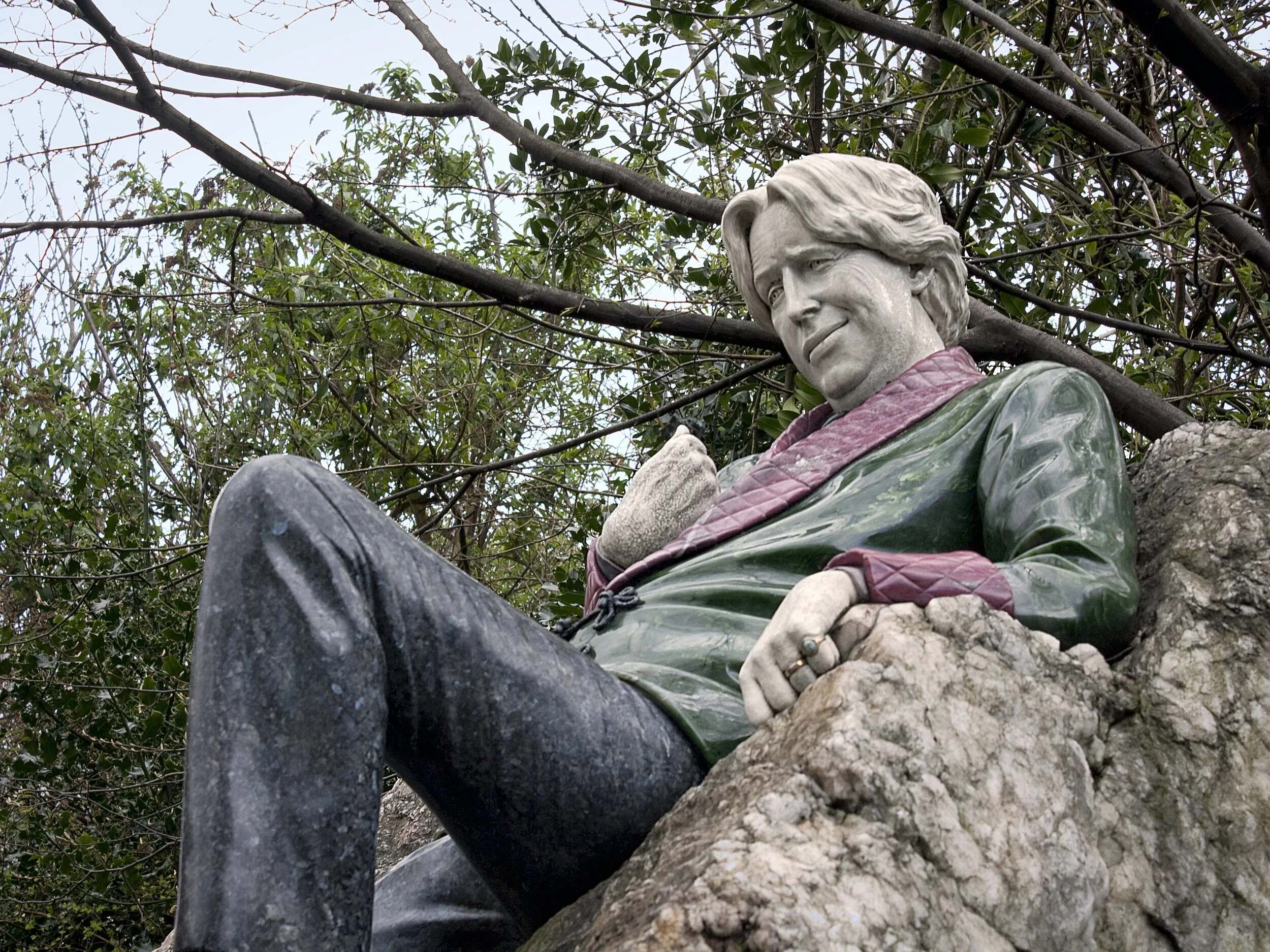A Man of Much Importance
By BRADY JONES
@modernangelo
I found Oscar Wilde without even knowing it. When I was a young kid, we had an animated stories collection on VHS. My brother and I watched it countless times. It had all kinds of fairy tales and fables on it - incidentally a few Bible stories, too. One I remembered very well was “The Happy Prince.”
I had no idea who Oscar Wilde was; in fact, I may not have even known who wrote the story as I was watching it. But I loved the rather tragic story, and I kept it in the back of my mind.
A couple of years ago, I read “The Picture of Dorian Gray” while on a trip. I was hooked by the larger moral story and the sharp writing. Of course I knew a bit about Oscar Wilde by then, but I decided I needed to read more of his works. Imagine my surprise when I discovered he was the author of one of my most beloved children’s stories.
“To live is the rarest thing in the world. Most people exist, that is all.”
Today Oscar’s life has been dissected in several biographies and documentaries - and a biographical film starring Stephen Fry.
I don’t think it’s a big stretch to say that many gay men would see a lot of their own lives reflected in Wilde’s. As many LGBTQ+ people struggle to find themselves in societies that often shun us into closets of various makes and models, perhaps we can take some comfort in knowing his story.
And I often wonder what he would think of the progress we’ve made so far.
QUICK FACTS
NAME: Oscar Fingal O'Flahertie Wills Wilde
BIRTH DATE: Oct. 16, 1854
PLACE OF BIRTH: Dublin, Ireland
DIED: Nov. 30, 1900 (Paris, France)
WORKS
Ravenna (1878)
Poems (1881)
The Happy Prince and Other Stories (1888, fairy stories)
Lord Arthur Savile's Crime and Other Stories (1891, stories)
A House of Pomegranates (1891, fairy stories)
Intentions (1891, essays and dialogues on aesthetics)
The Picture of Dorian Gray (first published in Lippincott's Monthly Magazine July 1890, in book form in 1891; novel)
The Soul of Man under Socialism (1891, political essay)
Lady Windermere's Fan (1892, play)
A Woman of No Importance (1893, play)
The Sphinx (1894, poem)
An Ideal Husband (performed 1895, published 1898; play)
The Importance of Being Earnest (performed 1895, published 1899; play)
De Profundis (written 1897, published variously 1905, 1908, 1949, 1962; epistle)
The Ballad of Reading Gaol (1898, poem)
MORE VIDEOS:
“The Happy Prince” (1974) by Oscar Wilde.
Theater production of “Lady Windermere’s Fan,” a comedic play by Wilde.
More about the Aesthetics Movement by the Victoria and Albert Museum.
Trailer for “Wilde,” the biographical movie starring Stephen Fry as Oscar Wilde.
BBC documentary about Oscar Wilde.


